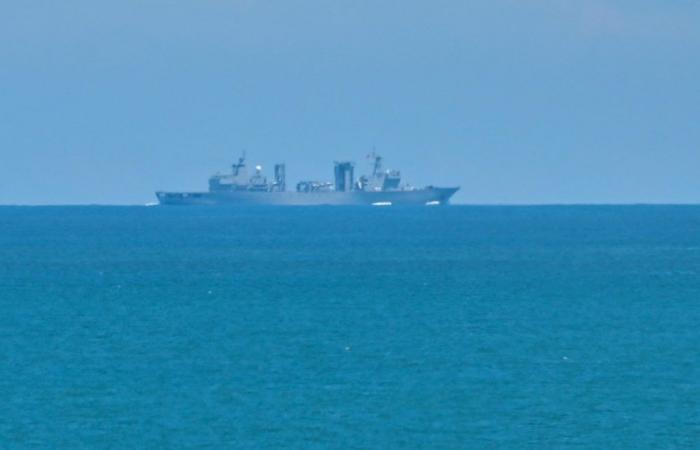“The situation is getting worse, it’s becoming very dangerous” and “the risk is that an accident will occur” with unpredictable consequences. This is how the sinologist Francesco Sisci speaks to Adnkronos, while the Shangri-La Dialogue, the conference on security in Asia, ends in Singapore, with tension between China and the United States skyrocketing. Tensions are escalating again in the Taiwan Strait where there was a risk of a collision between a Chinese warship and the destroyer Uss Chong-Hoon, in transit in the area with a Canadian unit. All after the “aggressive maneuver” of a Chinese jet – denounced last week by the US – in the skies over the South China Sea, where an American reconnaissance plane was flying. And while worries about North Korea are growing in the West and among US allies and partners in Asia, after the failed attempt to launch a spy satellite, which Pyongyang has promised “will be put into orbit”.
The words pronounced at the end of the G7 meeting in Hiroshima by US President Joe Biden, convinced that “very soon” there could be a thaw with China, seem distant. The sinologist reasons on a series of “worrying elements that could explode at any moment if rules of engagement are not established, according to the Americans” and it is difficult to speak if the Chinese are closed to dialogue between defense ministers of the two superpowers. “We are carrying out – says Sisci – exercises on the wire without a network” and “the Chinese think that trying to put up this network could be a sign of weakness, or an encouragement to the US”, so they seem to “wait for the situation to evolve”, a fact “objectively very worrying”.
Sisci thinks of the two recent episodes in the skies over the South China Sea and in the Taiwan Strait and speaks of a “tense situation”, of “an open question”, of a “basic confusion between China and the United States”. “Both episodes narrowly avoided an accident,” he notes. The consequences would have been “very serious”. Meanwhile, “the Americans continue to complain of a lack of communication” with the Asian giant, while – summarizes the sinologist – Chinese Defense Minister Li Shangfu from Singapore, subjected to sanctions in 2018 by the Administration for the purchase of Russian armaments, “he reiterated that China is willing to talk” with the US, but “with the necessary conditions”. And, “if these conditions do not exist for the Chinese, dialogue is useless”, unlike the USA – he continues – according to which it is necessary “to have lines of communication to prevent accidents and, if they should occur, escape hand”.
United States which also warn of “a situation, that of North Korea, which – insists the sinologist – is gradually becoming more and more dangerous”. And who worries about the spy satellite and because “the North Koreans have changed their strategy” and clarified that, he points out, “in the event of a threat, they are open to a preventive attack”. All within a framework in which, “according to the US, the Chinese are not facilitating a dialogue with the North Koreans”.
And, Sisci thus warns, “an objectively very, very delicate situation is being created in which Chinese and Americans do not speak on the same wavelength and in the meantime, however, tension increases”. Sisci doesn’t rule out a scenario “whereby someone in North Korea might think that if there’s going to be an incident, or a more or less limited war involving America, then it’s better now that there’s war in Ukraine and not when that conflict is over.”
From Singapore, the Chinese defense minister also returned to warn the United States about Taiwan, a de facto independent island with 23 million inhabitants, which the Asian giant considers an “inalienable part” of its territory in the name of the “principle of single China” and for which he wants “reunification”. An objective repeatedly reaffirmed by Chinese leader Xi Jinping, in his third term and increasingly powerful. For the People’s Republic, the question of Taiwan is an “internal affair” and “interference” is not tolerated, but the USA, committed to a “free and open Indo-Pacific” and to the defense of the island, “does not see the situation in the same terms as the Chinese”, observes Sisci speaking of the umpteenth “complication” in relations between the two superpowers and of the “risk of an accident, with so many planes in the skies and many ships at sea” in the region. “We are – he concludes – on very slippery ground and if an accident were to occur, it could lead to the complete isolation of Beijing and a possible escalation”.






